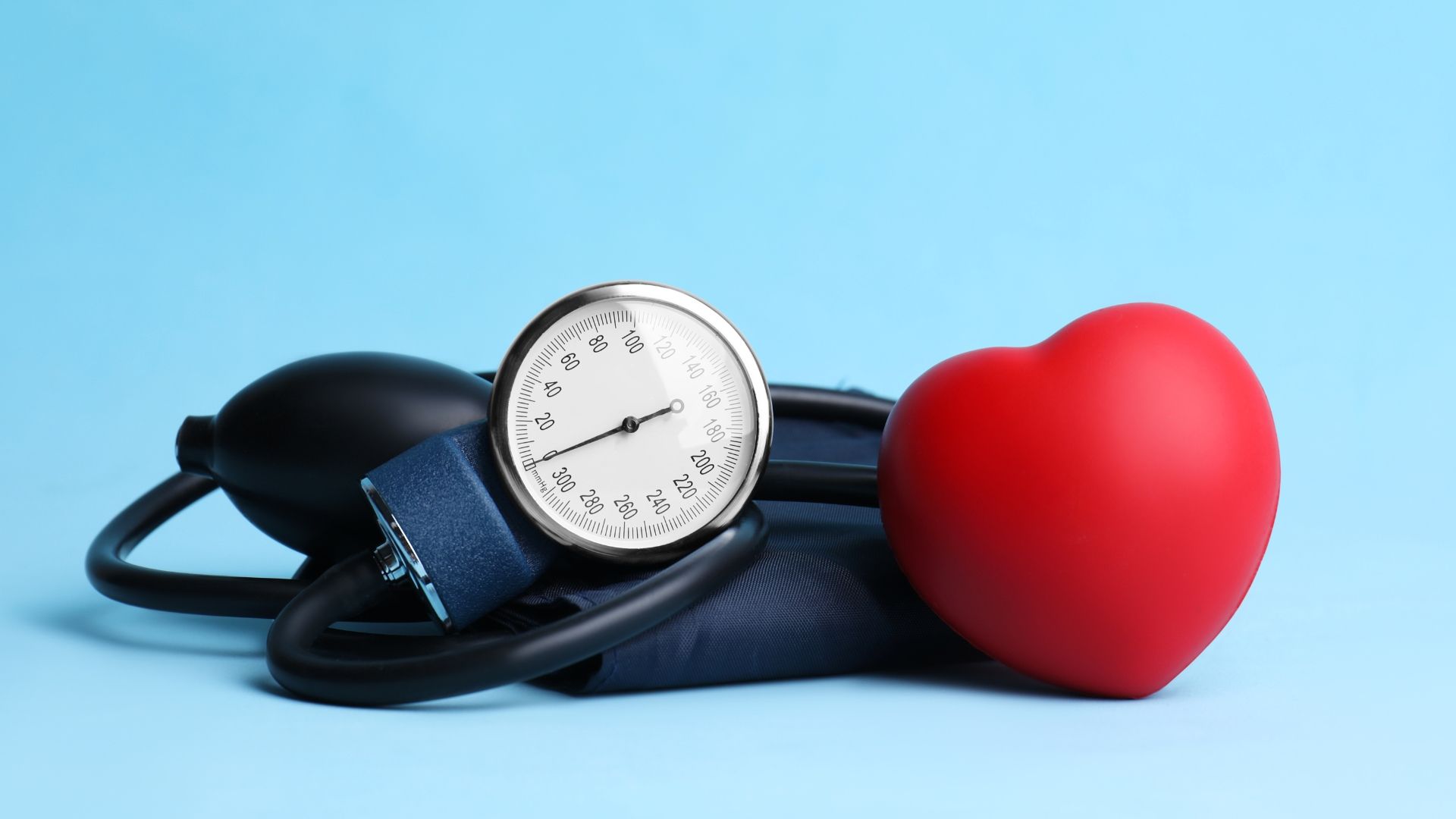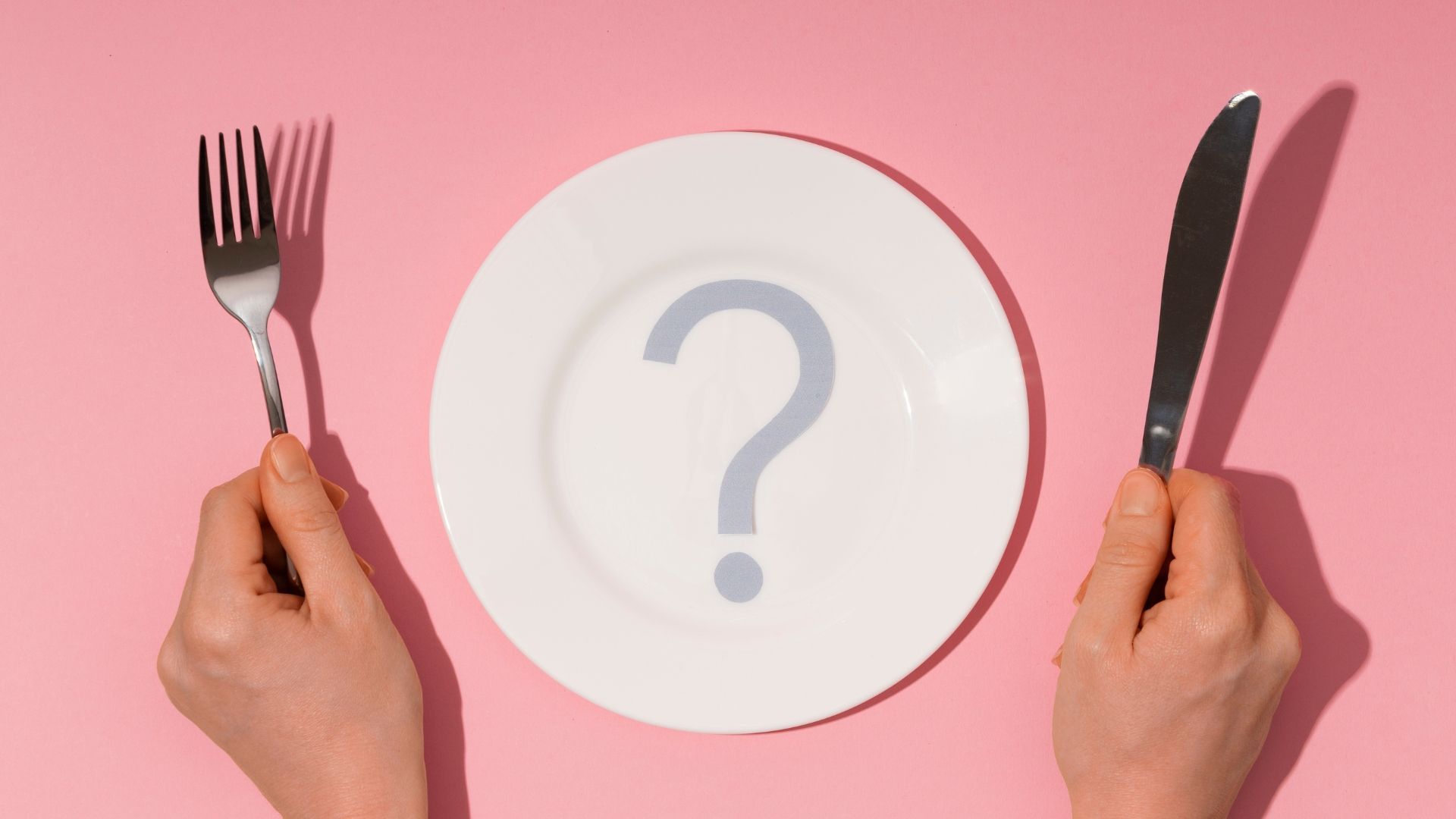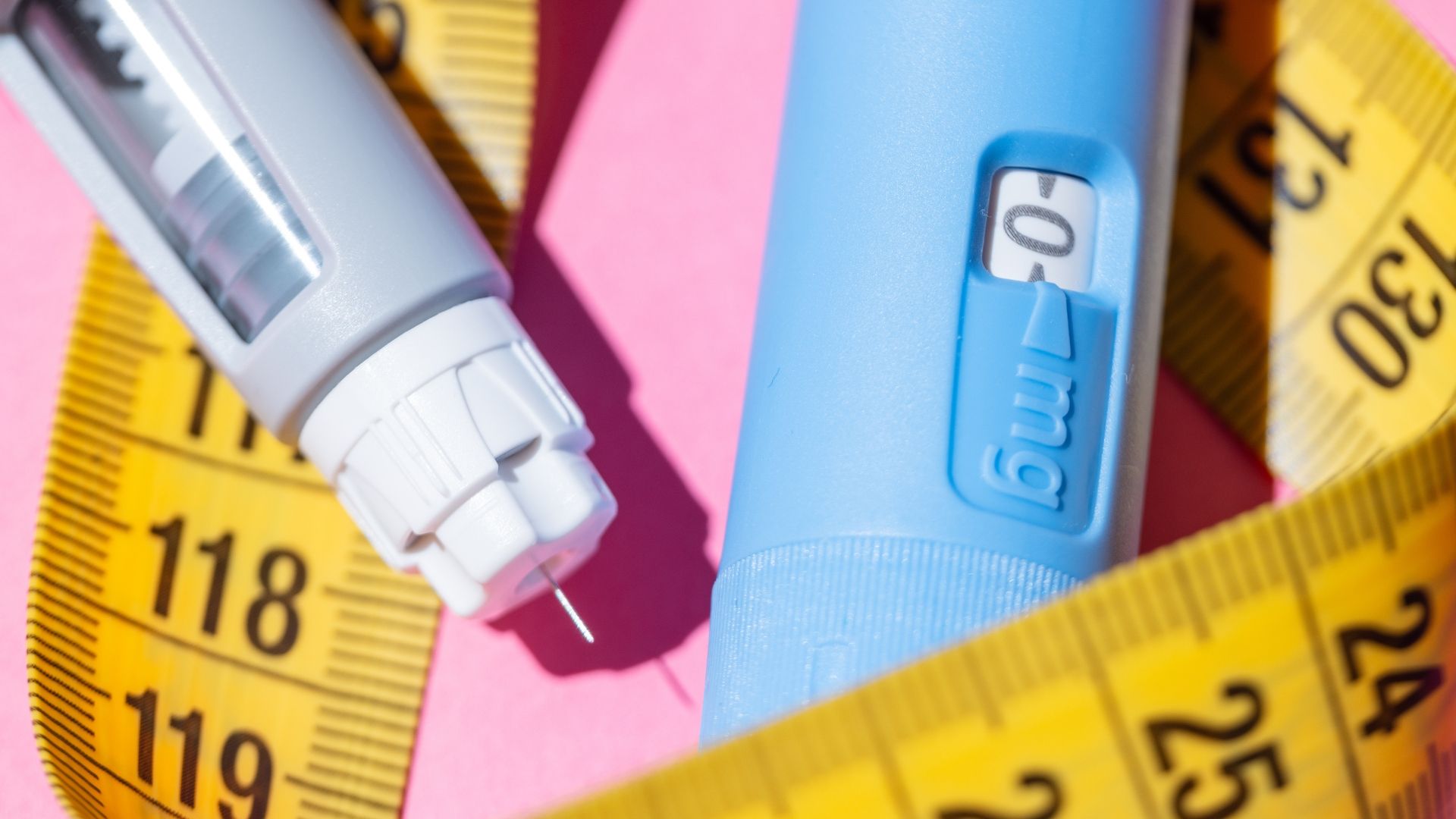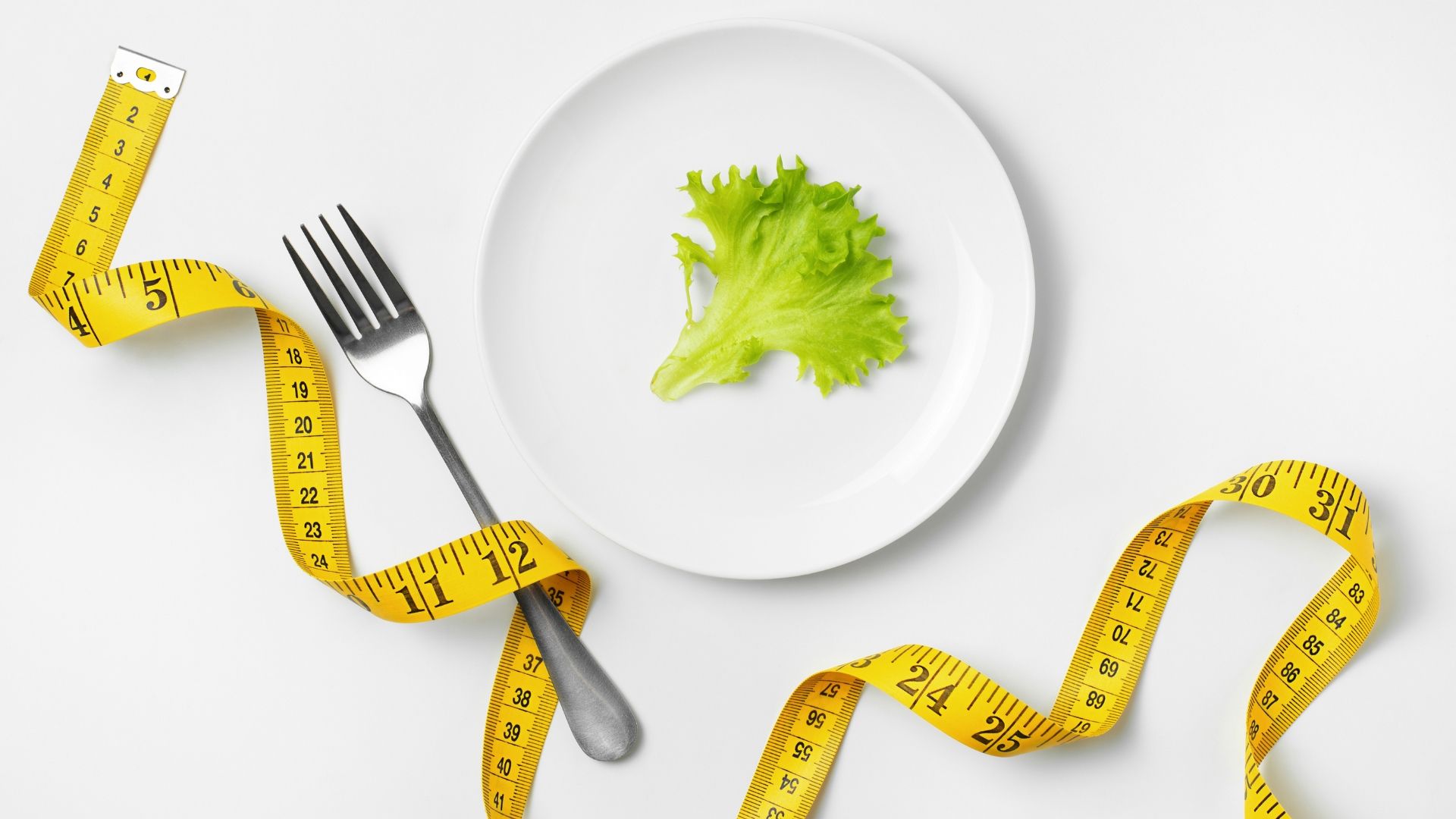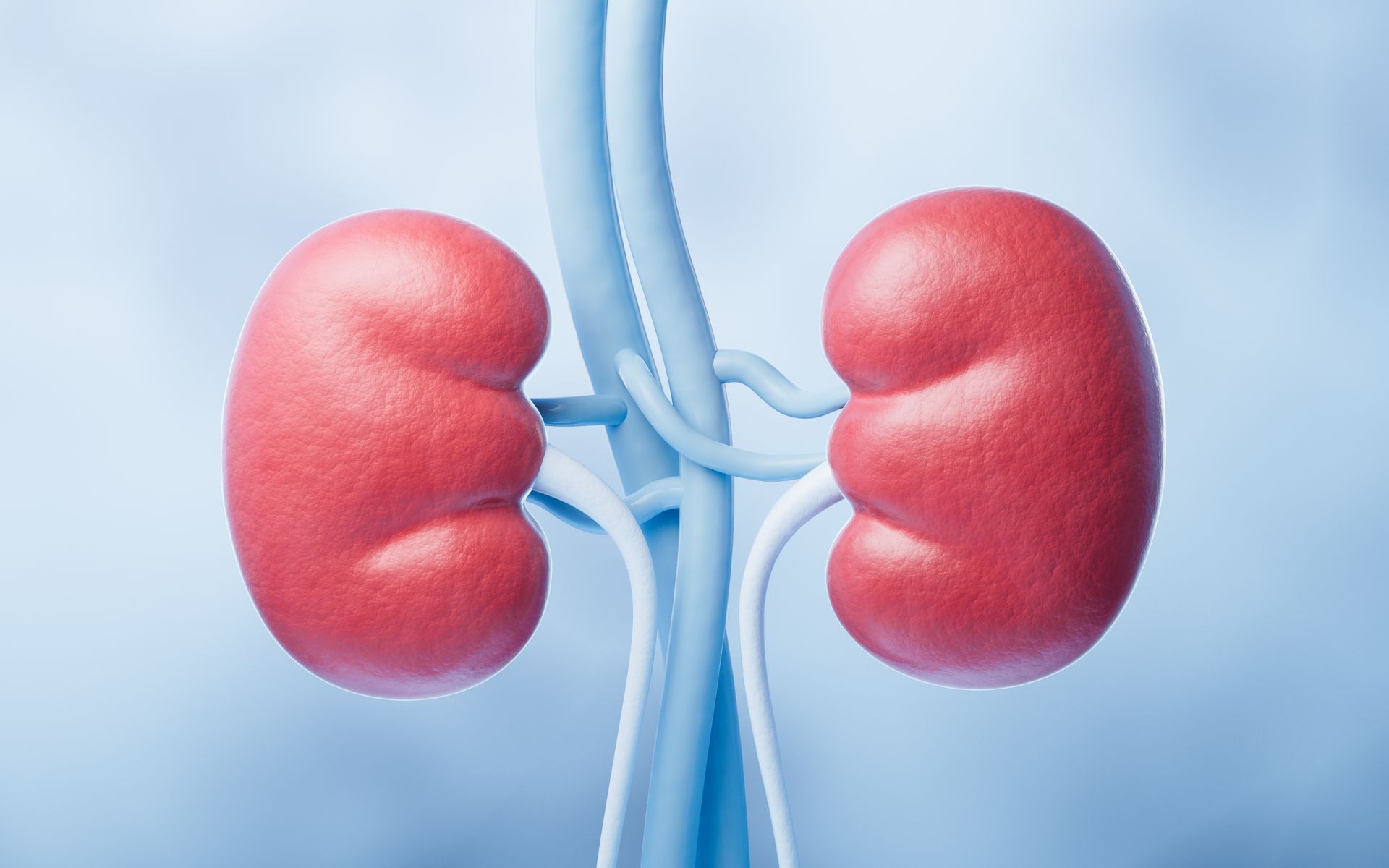How to stick to a weight loss plan
Have you tried and failed to stick to a weight loss plan? Here are 9 tips to help you succeed this time.
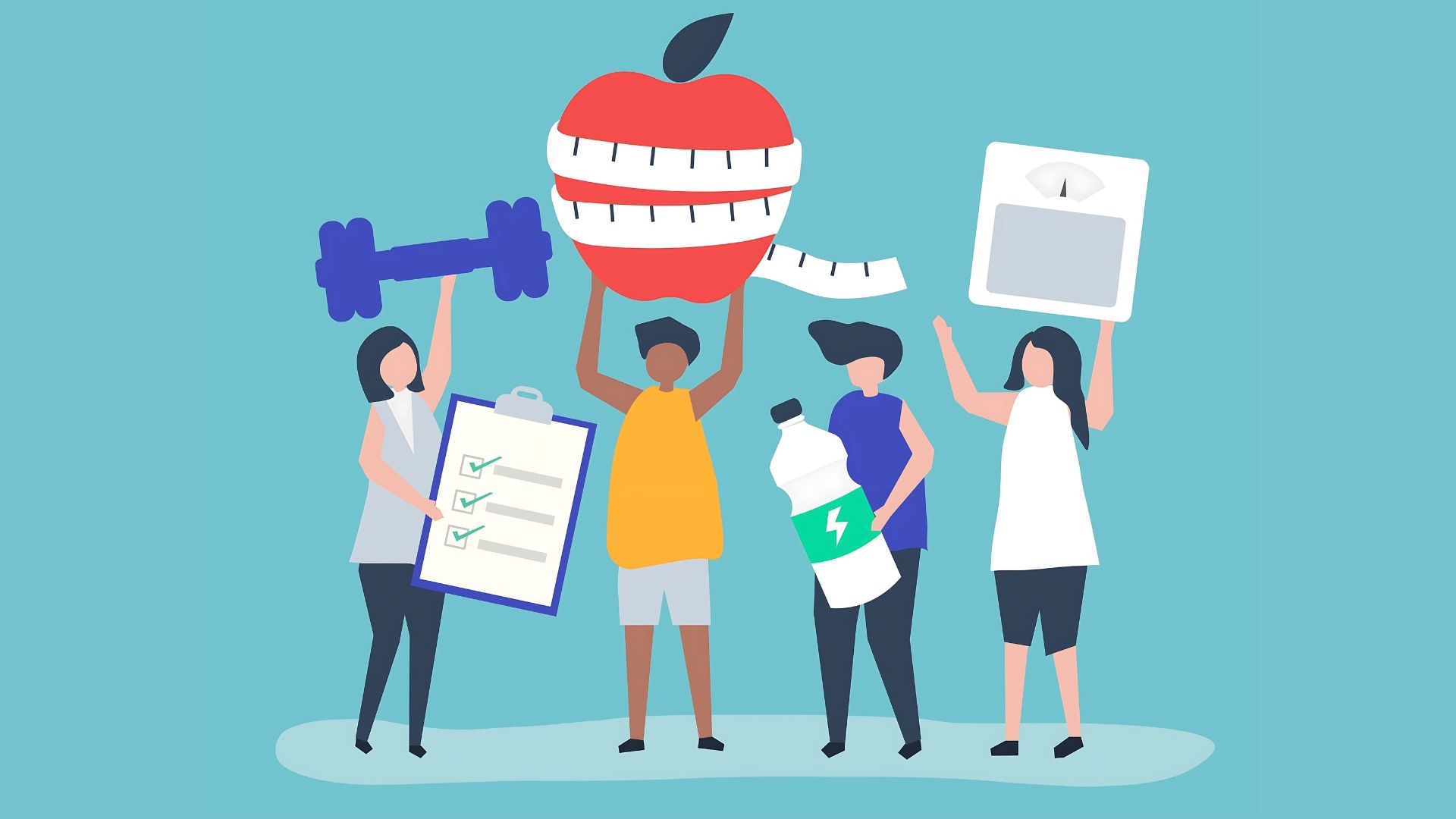
Most people who start a weight loss plan fully intend to stick with it – so why do so many lose momentum and give up?
There are many reasons why weight loss plans fail. But more often than not, it's because the plan is unsustainable or because people try to do too much all at once.
In this guide, we share nine tips to help you define your weight loss goals and stick to them. We hope it helps.
1. Avoid overly restrictive or 'fad' diets
Some hope for results by trying an extreme diet that requires you to eat in a very restricted way.
But there's a big problem with overly restrictive diets. At first, you might see some weight loss – but most find they're not sustainable in the long term.
Long-term, sustainable weight loss is all about forming healthy habits. Restrictive diets don't help you form healthy habits – so it's all too easy to slip back into unhealthy ones.
This can lead to weight regain and feelings of failure. Eventually, it can be so discouraging that you give up, feeling that weight loss is simply unattainable.
The truth is you did not fail – the diet failed you. It wasn't sustainable.
It's much better to focus on maintaining a healthy, balanced diet. This means eating the right kinds of foods in the right proportions – not cutting out thousands of calories or eating boring, bland meals. This approach is much more fun and helps you form healthy habits that lead to long-term results.
2. Choose a healthy lifestyle instead of just a diet
Diets put the focus squarely on what you eat (or don't eat). However, a successful weight loss plan should also include regular exercise, as well as ways to support your emotional well-being.
These are all vital to help you to achieve consistent weight loss and prevent weight regain. After all, you're more likely to stick to your plan if you're seeing positive results and enjoying yourself.
Increasing activity could begin with taking a short, brisk walk a few times each week. Even getting up and walking around while you use your phone can be a good starting point.
When you get used to it, you should aim to build a balanced mix of aerobics and strength training into your routine. The NHS recommends that adults should aim for 150 minutes of moderate exercise each week.
For some great suggestions, check out NHS Get Active.
3. Find a fun group activity
Let's be honest. It can be hard to find the time or energy to start exercising – especially if you're trying to do it on your own.
That's why group activities can be so beneficial. Having fun and getting encouragement from a group while increasing activity can help with emotional and mental well-being. Putting yourself in this kind of positive and supportive environment can strengthen your resolve and make it easier to stick to your weight loss plan.

Aqua aerobics is a great choice for beginners. You get a heart workout from the aerobics and muscle training from the water resistance – but it's a low-impact exercise, so it's gentle on joints. And most importantly, it has the fun factor and the sense of encouragement you get from partaking in a group activity.
Is exercising in water not your thing? You could consider joining a walking group, a dance class or a yoga session. A quick online search should tell you what's available in your area.
4. Give yourself some wiggle room
Living a healthy lifestyle doesn't mean giving up treats. In fact, getting more active and making healthier food choices can free you from the guilt you might feel about indulging in occasional treats.
It's all about making sure treats really are treats – not a daily indulgence. As long as you keep an eye on portion size and frequency, you're free to enjoy a sweet snack or fried titbit every now and then.
Taking control in this way helps you prepare for social occasions without dreading these temptations and enjoy socialising without feeling deprived.
Remember: to be achievable, weight loss plans should be a little bit flexible. Focus on establishing healthy patterns – not obsessing over every detail. And make sure you're aiming for something achievable.
5. Set realistic goals
Most people aim to lose a certain amount of weight over a certain period. And that's fine – but make sure it's realistic.
It's no good setting unattainable goals. You'll only feel disappointed and disheartened if you don't manage to achieve it. And if you do manage it, the journey probably won't be much fun.
So, what's a realistic goal? The NHS guidelines are a good starting point. They recommend cutting 600 calories a day to achieve a sustainable rate of weight loss (around 0.5 to 1kg per week).
And weight loss doesn't have to be your only goal. Setting small, achievable goals along the way can help motivate you to keep going.
Attainable goals could include increasing your daily activity or achieving a fitness milestone. Each small lifestyle change or new recipe enjoyed is also a goal reached.
6. Cut down rather than cut out
Cutting out food groups en masse can lead to feelings of deprivation and increase snack cravings. The unhappiness from these negative emotions can erode your determination to continue.
Remember: it's all about patterns, not perfection. Increasing healthy options while gradually cutting down less healthy ones is much more practical and sustainable. This will keep your diet varied and help avoid hunger and possible nutrient deficiencies, as well as reduce psychological distress.
7. Find the flavour
Flavour plays a key role in satiety. Satiety is the feeling of being full and satisfied, which signals you to stop eating and triggers the breakdown of sugars for energy.
Right now, we don't fully understand why. But according to nutrition experts, 'the sensory experience of enjoying and savouring flavourful foods can enhance the overall satisfaction of a meal, leading to a greater sense of fullness and reducing overeating'.

Swapping to low-fat options is an obvious step towards weight loss – but try to avoid sacrificing flavour. Here are a few ideas to help you dial down the fat without dialling up the 'bland':
- Zhuzh up low-fat mayo with concentrated pastes like chipotle chilli, harissa, sun-dried tomato paste or pesto.
- Add oomph to low-fat cream cheese or cottage cheese with dried parmesan or nutritional yeast.
- Get creative by tray-roasting various vegetables using low-fat spray oil.
- Try swapping your usual condiments for Italian herb mixes, Mexican spice mixes or Worcester sauce (in moderation – it's salty).
The NHS website includes some great tips to cut down on sugar while still satisfying your craving for a sweet treat.
8. Dial up the dopamine
Dopamine is known as 'the feel-good hormone' because it gives you feelings of reward, pleasure and motivation. It's also involved in important bodily functions, such as promoting energy consumption as you rest.
That's why dopamine is doubly important for weight loss. You need motivation to stick to your weight loss plan – and breaking down body fat for energy is vital.
Moreover, studies show that people living with obesity tend to have low dopamine levels. Unfortunately, one of the easiest ways to trigger your body to release dopamine is to eat foods high in sugar or fat.
This is likely one of the main reasons why many find it hard to resist these foods and struggle to maintain motivation for their weight loss.
Eating more protein may help to improve dopamine production – especially foods rich in an amino acid called tyrosine.² These include cheese, soybeans, fish, chicken, nuts, eggs, dairy, beans and whole grains.
You'll also need to find other ways to trigger dopamine, especially when you're fighting food cravings.
Increasing activity and exercise will help significantly – as will rewarding activities. These could include hobbies, listening to music or podcasts, reading a good book or solving puzzles. It could even be as simple as having a friendly phone call. Every little helps.
9. Consider professional mental and emotional support
Following a weight loss plan can be rewarding – but it can also be emotionally taxing. Remember that it's OK to ask for help if you need it.
Several therapies have been shown to assist with weight loss when combined with diet and exercise changes. According to experts, these can include 'motivational interviewing, cognitive behaviour therapy, dialectal behaviour therapy and interpersonal psychotherapy', as well as 'mindfulness-based interventions that target stress, negative thoughts and eating behaviours'.
In other words, getting help isn't just good for your brain. It can be good for your body, too.
Are you looking for a sensible and effective weight loss plan that includes expert support to help you achieve your goals? Designed by the UK's leading obesity experts, SemaPen's medical weight loss programmes give you access to specialised support when you need it. That includes the option for a one-to-one consultation with a qualified psychologist. Learn more about our weight loss programmes today.
Sources
1. Yusufali, Z. et al. (2024) "Satiety Sensation and Its Associated Food Compositions and Flavors" Springer, Cham. https://doi.org/10.1007/978-3-031-51808-9_15
2. Kühn, S. et al. (2019) "Food for thought: association between dietary tyrosine and cognitive performance in younger and older adults" Psychological Research, 83,1097–1106 https://doi.org/10.1007/s00426-017-0957-4
3. Volkow, N.D. et al. (2011) "Reward, dopamine and the control of food intake: implications for obesity" Trends in Cognitive Sciences, 15(1) https://doi.org/10.1016/j.tics.2010.11.001
4. Wang, G. et al. (2001) "Brain dopamine and obesity" The Lancet, 357(9253) https://doi.org/10.1016/S0140-6736(00)03643-6
5. Segal, Y. & Gunturu, S. (2024) "Psychological Issues Associated With Obesity" Treasure Island (FL): StatPearls Publishing https://www.ncbi.nlm.nih.gov/books/NBK603747/
This article was reviewed and approved by Qutayba Almerie MD, MSc, FRCS on 14 July 2025.
- Average 15–21% weight loss
- Trusted programmes built by UK experts
- Personalised advice and support
- Smart weight loss app to track progress and learn positive habits
Your journey starts in the app
Unlock tailored support, weight tracking and more.
1
Download the free app
2
Take your digital consultation
3
Start your programme


